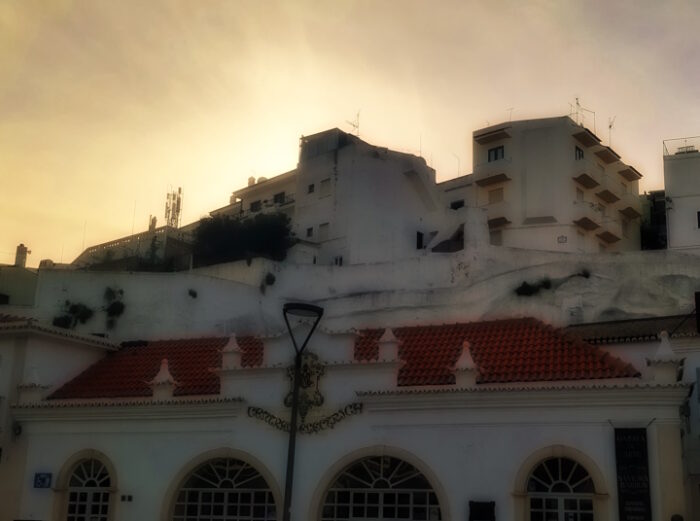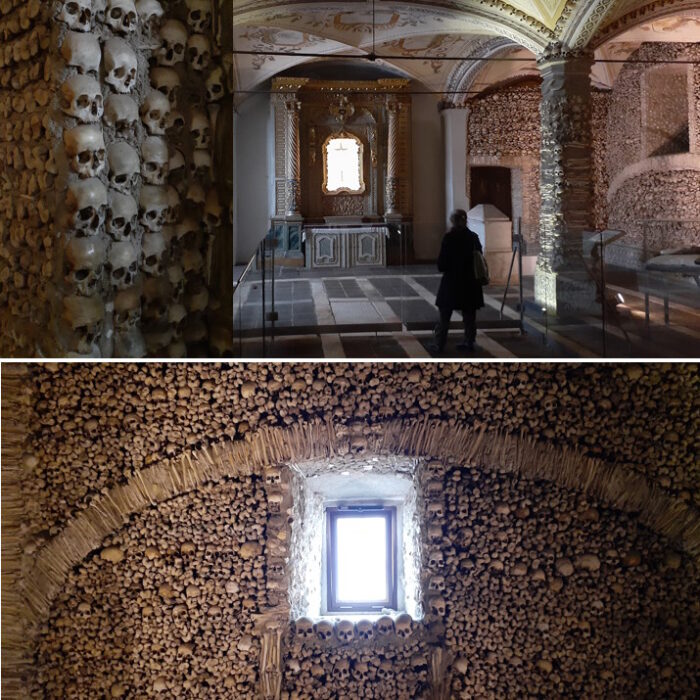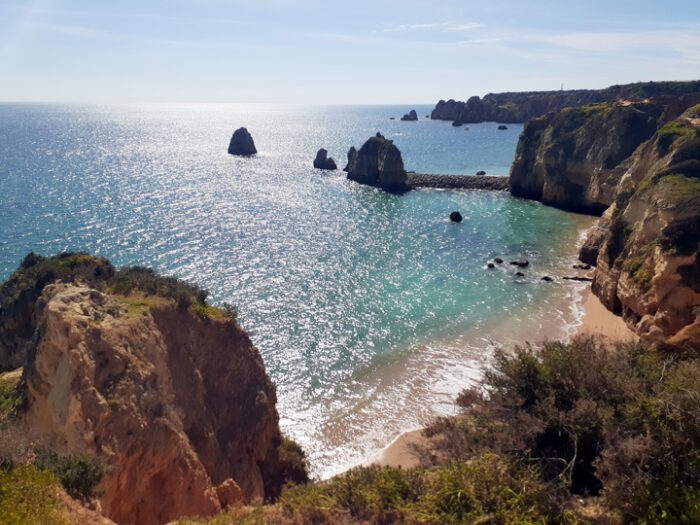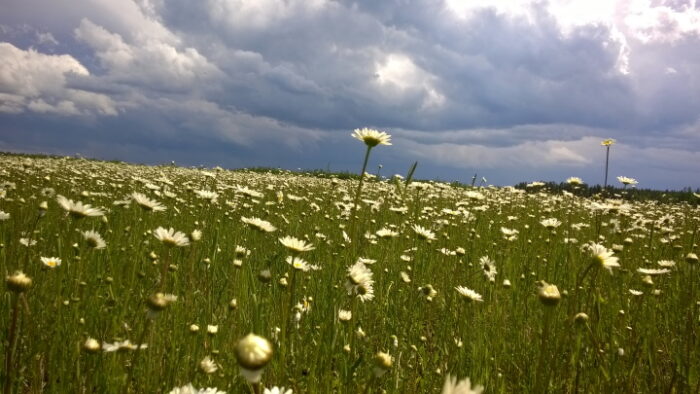It’s that time at the close of the afternoon, when you rise
to the evening, go down the spiral stairs to the glass-walled bar
overlooking the swimming pool and order a cerveja,
where a small crowd of vacationers, smelling faintly
of suntan lotion, sit and tell stories, of getting the best deal
on a pair of cork sandals, of standing, mute, at the sight
of Montserrat Monastery, of heart operations, with complications,
of a drill-sergeant yoga instructor, of a mother, cursing her nursing home,
of grandchildren, turning out right, of a daughter who sojourns to Ashrams,
of the tastiest monkfish in old town, of walking,
at 70, the Camino de Santiago…
The comfortable hum of humans telling stories,
like glad frogs throat-singing our way into the night,
and like those frogs, we stay mostly below the surface;
almost always keeping nine-tenths of us out of sight —
like icebergs, only warmer.
And occasionally, perhaps because of that warmth,
there’s a crack beneath the surface
that exposes more of you than you’d intended,
but is received with openness, and understanding,
and even if you’ll never see these people again,
it doesn’t cancel out the surge of hope that washes through you,
restoring to flight, the bird of your worth,
charging the sails of your courage,
making you feel you’ll weather the creeping indignities of aging,
the squalls of dying.
What’s the word? There should be a word for the wave of yearning,
the lake of thanksgiving, you feel for all the people
that pass through your life,
that have added to your life.
And even as the gaps of time and place between our lives
grow wider, like rowboats drifting away from a dock,
never count it as loss!
Here’s the headline:
The human spirit has risen above the human condition.
To sustain it, is a grand hope, but not out of reach.
It happens all the time; it can happen anywhere;
as it happens every day, during happy hour,
at the Luna Solaqua in Albufeira.




